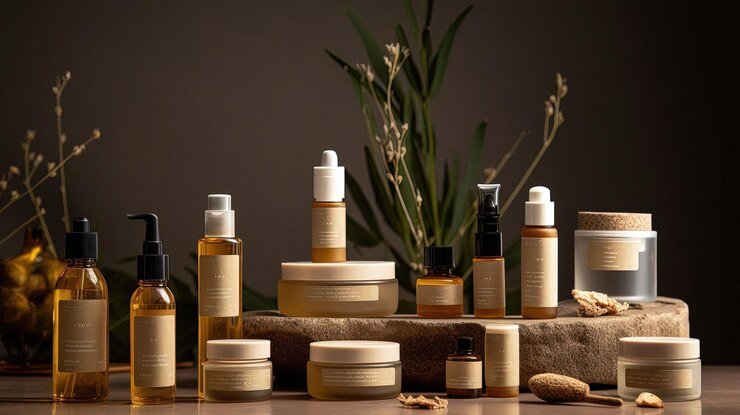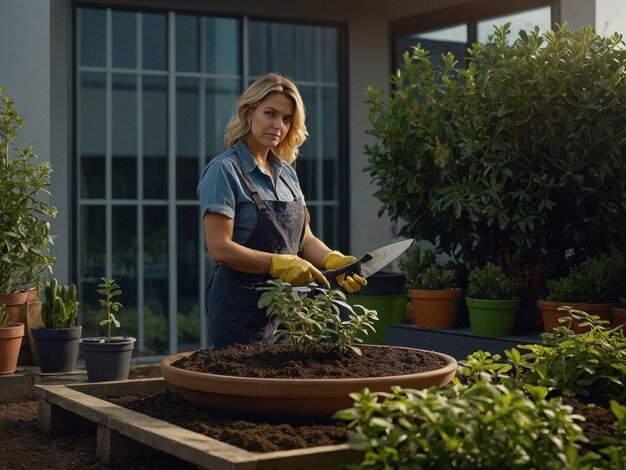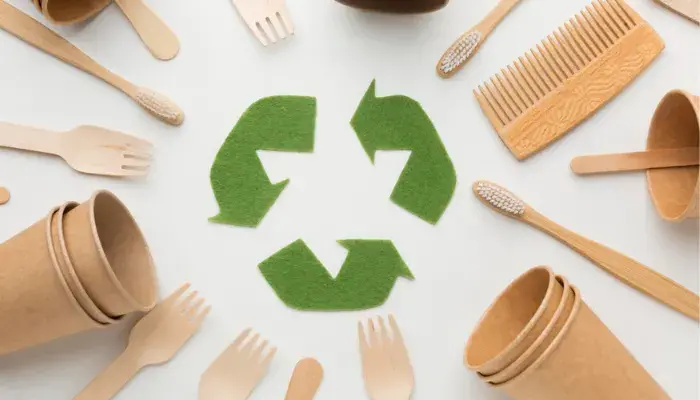How to Create a Biological Garden in an Apartment?
The growing awareness of sustainability and healthy eating has encouraged many people to grow their own plants, even in small spaces like apartments. A biological garden not only improves quality of life but also offers a unique opportunity to connect with nature. In this article, we will explore how to grow herbs in small balconies, the use of organic fertilizers, and the best urban composting techniques.
Growing Herbs in Small Balconies
Growing herbs in small balconies is an accessible and rewarding practice that brings various benefits. Aromatic herbs, such as basil, parsley, and mint, are essential in cooking, providing fresh and healthy flavors to dishes. In addition to enriching your meals, these plants are rich in nutrients and beneficial compounds for health.
The Importance of Herbs
Aromatic herbs are essential in any kitchen, adding flavor and aroma to dishes. Additionally, they are nutrient-rich and offer health benefits. Growing herbs in small balconies is an excellent way to have fresh ingredients readily available, reducing the need to buy processed products.
In limited spaces like balconies, herb cultivation is particularly advantageous. Not only do they beautify the environment, but they also improve air quality, helping to purify it. Having a small herb garden provides a practical way to access fresh ingredients while reducing the need for processed foods and packaging.
Moreover, growing your own herbs promotes sustainability. By avoiding the purchase of packaged herbs, you reduce waste and environmental impact. This practice also encourages a deeper connection with nature, even within an urban environment.
Choosing the Right Herbs
For limited spaces, it is important to select herbs that thrive in pots. Some of the best options include:
- Mint: Spreads quickly, best grown in containers to control its growth.
- Basil: Ideal for warm climates, grows well in small pots.
- Parsley: Grows quickly and does not require much light.
- Chives: Perfect for balconies with low light, easy to maintain.
Preparing the Space
Setting up the right space for growing herbs in small balconies is essential to ensure healthy and productive growth. The first step is to evaluate the amount of sunlight your balcony receives. Most herbs, like basil, parsley, and mint, require at least 4 to 6 hours of direct sunlight per day. Choosing a sunny spot is crucial.
After identifying the ideal location, select appropriate pots. Choose containers with drainage holes, which prevent water buildup and protect roots from disease. The size of the pots should vary depending on the herb type; plants like rosemary may need more space.
The next step is to select a quality organic substrate that provides the necessary nutrients. Mixtures with compost or vegetable soil are great options. When planting, fill the pots with the substrate, leaving some space at the top for watering.
Soil and Irrigation
Use a high-quality organic substrate, rich in nutrients. Keep the soil moist, but avoid overwatering. A useful tip is to check the soil moisture with your finger: if it feels dry about 2 cm deep, it’s time to water.
Harvesting
Harvesting your herbs is one of the most rewarding parts of cultivation. Use clean scissors to cut the leaves, avoiding damage to the plant. This also encourages the growth of new leaves.
Organic Fertilizers for Small Spaces
What Are Organic Fertilizers?
Organic fertilizers are natural substances used to enrich the soil and promote healthy plant growth. Unlike synthetic fertilizers, which may contain harmful chemicals, organic fertilizers are derived from natural materials, such as vegetable scraps, animal manure, and plant compounds.
These fertilizers offer several benefits. They improve the soil structure, increase water retention capacity, and promote microbial biodiversity. This results in healthier and more productive soil, essential for growing herbs and vegetables in small balconies or gardens.
Types of Organic Fertilizers
There are various types of organic fertilizers that can be used in small spaces:
- Liquid fertilizers: Such as compost tea, easy to apply and quickly absorbed by plants.
- Compost: Made from food scraps and organic materials, it provides nutrients gradually.
- Worm humus: Rich in nutrients, helps improve soil structure.
In addition to being effective, organic fertilizers are a sustainable choice, as they reduce dependence on chemicals and minimize environmental impact. By choosing organic fertilizers, you not only take care of your plants but also contribute to a more sustainable and healthier future. Invest in organic fertilizers and transform your garden into a productive and eco-friendly space!
Applying Fertilizers
For small spaces, fertilizer application should be done carefully:
- Compost: Mix a small amount into the soil when planting or during maintenance.
- Worm humus: Apply a thin layer on the soil surface.
- Liquid fertilizers: Dilute as instructed and apply to the roots.
Start with a small amount. For solid compost, mix one tablespoon into the soil every four to six weeks. For liquid fertilizers, dilute as instructed and water the plants, ensuring the solution reaches the roots.
Avoid over-fertilizing, as this can harm the plants, causing leaf burns. Monitoring the herb’s health is essential; if you notice yellowing leaves, it could indicate excess nutrients.
Urban Composting Techniques
What Is Composting?
Composting is a natural decomposition process that transforms food scraps and other organic waste into a rich fertilizer known as compost. This sustainable practice is key to reducing waste and enriching the soil, making it ideal for those growing plants in small balconies or gardens.
During composting, microorganisms such as bacteria and fungi break down organic materials, such as fruit peels, dried leaves, and vegetable scraps. The result is a natural fertilizer that improves soil structure, increases water retention, and provides essential nutrients to plants.
Starting Composting at Home
To start composting at home, follow these steps:
- Choose a Container: Use a bucket or box with ventilation holes.
- Add Materials: Mix fruit and vegetable scraps, eggshells, dry leaves, and small twigs.
- Maintain Moisture: The material should be moist but not soggy.
- Turn the Mixture: Stir the material weekly to aerate and speed up decomposition.
Materials Suitable for Composting
The following materials are ideal for composting:
- Fruit and vegetable scraps
- Coffee grounds and filters
- Eggshells
- Paper and cardboard (without ink)
What to Avoid in Composting
Some materials should not be composted, as they attract pests or cause unpleasant odors:
- Meat and dairy products
- Oily foods
- Diseased plants
Using Compost
After a few months, your compost will be ready to use. Mix it into your herb soil or use it as a top layer to retain moisture.
Conclusion
Growing a biological garden in an apartment is a rewarding practice that brings benefits to both health and the environment. By adopting herb-growing techniques in small balconies, using organic fertilizers, and implementing urban composting techniques, you can transform your space into a green oasis, contributing to a more sustainable lifestyle.
Explore o prazer de cultivar suas próprias ervas e aproveite os sabores frescos que elas podem trazer à sua mesa. Transforme sua varanda em um verdadeiro jardim, onde a natureza e a cidade se encontram, e descubra o poder da horta biológica no seu dia a dia.







